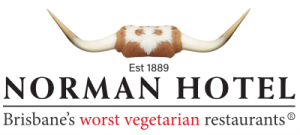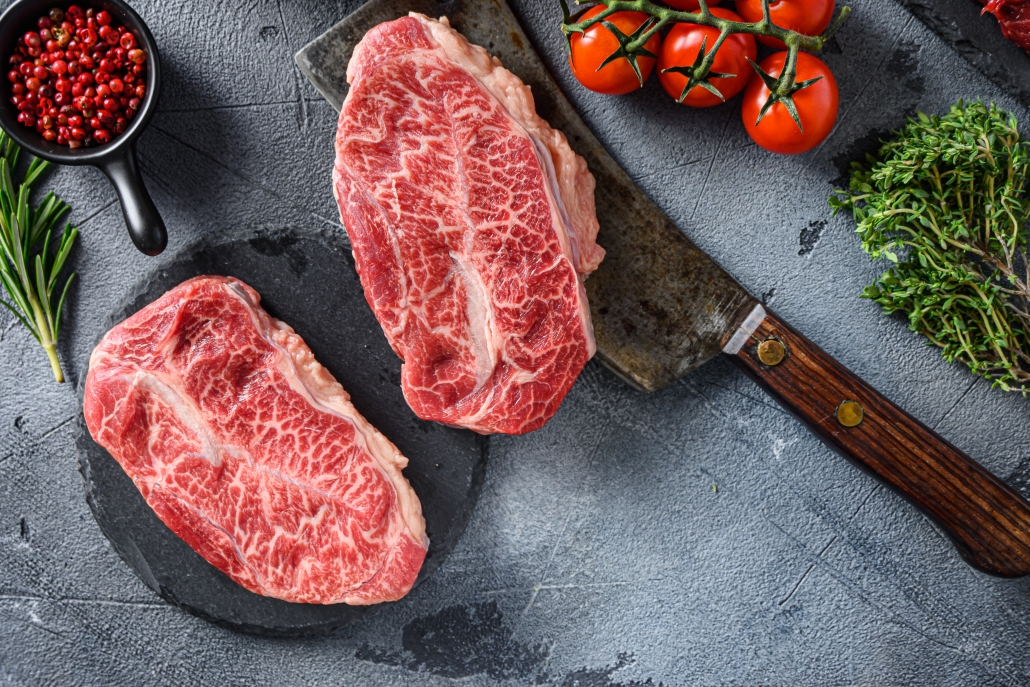Beef Blade
Also Known As
Flat Iron, Butlers, Feather Blade & Oyster Blade
Characteristics
Sitting in the shoulder region the blade accounts for around 5% of the beast. Flavoursome and versatile it contains several muscles with layers of fat and connective tissue.
What to look for when buying beef blade
Choose beef blade that shows decent amounts of marbling throughout. Intramuscular fat will ensure the meat stays moist and juicy when cooking. Seek out a cut with good red colouring and a solid texture and fat that is white.
Best Cooking Method
The blade responds well to slow-cooking and roast.
Slow Braised Beef Ragu
Ingredients
1.2kg Beef Blade, cut into equal 4 pieces
1 tbsp salt & black pepper
100ml olive oil
3 cloves garlic, minced
1 cup onion, diced
1 cup carrots, diced
1 cup celery, diced
1 can whole roma tomatoes, including juice
3 tbsp tomato paste
500ml rich beef stock
250ml good quality red wine
250ml water
¾ tsp dried oregano
3 dried bay leaves
Method
Pat beef dry and sprinkle with salt and pepper
Heat ¼ of the olive oil over high heat in a heavy based pot. Brown beef, on all sides until brown, remove and set aside.
Turn stove down to med low and add the remaining olive oil.
Add garlic and onion and sauté for 2 minutes. Then add the carrots and celery and sauté slowly for 5 minutes.
Add remaining ingredients and return the beef to the pot including juices. Turn the stove up and bring it to a simmer, then turn it down to low.
Cover with tight fitting lid and let cook for 2 hours or until beef is very tender.
Remove beef then coarsely shred with 2 forks. Return beef to the pot. Simmer for 30 minutes until sauce is reduced and thickened.
Pappardelle To Serve
500g dried pappardelle
Freshly grated parmesan cheese
Fresh parsley, finely chopped
Method
Cook pappardelle as per the packet instructions.
When the pasta is ready, transfer it directly from the pot to serving dish.
Liberally spoon shredded ragu mix over pasta.
Garnish with fresh grated parmesan cheese and chopped Italian parsley.

